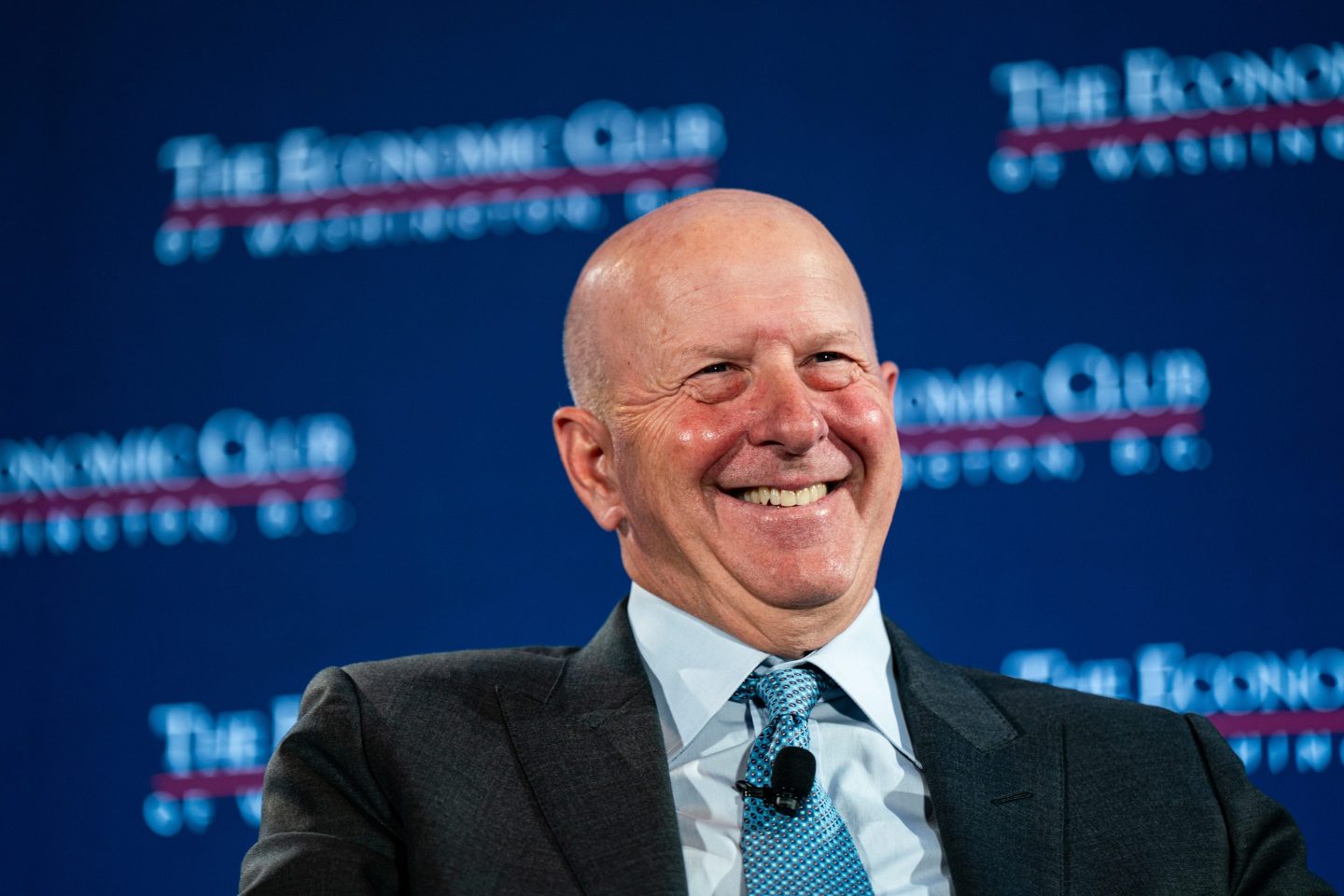With sluggish productivity growth around 1.4% despite watershed advancements in technology and innovation, increasing growth—and median household incomes—may hinge on a simple equation. “I have my number of workers and my output per worker,” explained Kweilin Ellingrud, a director of the McKinsey Global Institute. “Either change the number of workers, which is hard due to aging, or I invest in technology and AI, and change the equation of my output per worker.”
More tech, wisely implemented, might be the only solution to regaining a higher productivity growth rate, said Ellingrud, who spoke during a panel on McKinsey’s Media Day in New York on Thursday. Accordingly, it’s long past time to take AI seriously, regardless of industry, she said.
Brooke Weddle, a senior McKinsey partner who spoke alongside Ellingrud, said the productivity question begins and ends with what she calls “organizational health.” To her, that describes a company’s ability to “align around a strategy, translate that into the work environment, execute against it, and renew itself over time through innovation and increased customer focus.”
Per McKinsey’s newest research report on the state of AI, also released Thursday, the connection between organizational health and performance is “as strong as ever,” Weddle said. “In realizing productivity gains, running the place more effectively from the top will matter.”
That means jobs will have to evolve. Between now and 2030, the U.S. Business landscape will see extensive disruption to the tune of “about 12 million” occupational transitions, Ellingrud said. Some of that will be good news: More jobs in a handful of industries, including healthcare, construction, and education.
But a large part of that disruption will be “dramatically shrinking jobs,” she predicted. Some 85% of operational transitions McKinsey has seen fall into four categories, Ellingrud explained: Administrative assistance, customer service or sales, food service, and production and manufacturing.
“Those four jobs will…be going away, and driving transitions,” Ellingrud said. “We talk about generative AI because it changes the nature of the work we do—it will affect about 30% of our activities, but it won’t eliminate our jobs. But for those four categories, it will.”
The writing has been on the wall for some time now. A good handful of white-collar jobs will soon “dwindle hugely,” Joseph Fuller, a Harvard Business School professor and co-leader of its Managing the Future of Work initiative, told Coins2Day last summer. “I wouldn’t want to be someone who does the reading or summarization of business books to send out 20-page summaries, because AI is really good at summarization already.”
Nigel Vaz, the CEO of Publicis Sapient, a consultancy focused on digital transformation, recently told Coins2Day he believes there will be “no job that does not incorporate some form of AI in a very meaningful way, not even in the next five years, in the next year or two—I mean that.” Whether you’re a janitor, security guard, or designer, you’re not immune: “In every one of those areas, AI will be incorporated, even if you don’t know it,” Vaz said.
Plus, a recent Goldman Sachs report found that continuous developments in generative AI could stand to bring almost $7 trillion into the global GDP—and bolster productivity growth by 1.5 percentage points over the next decade.
The only way to self-sustain, if you work in one of the industries Ellingrud name-checked, is to continually unlearn and relearn the most critical skills, including technological skills. According to Vaz, that’s mostly because AI is “probably the biggest change humankind has seen since the wheel, or electricity.” In other words, it’s not the kind of innovation one can comfortably sit out.












